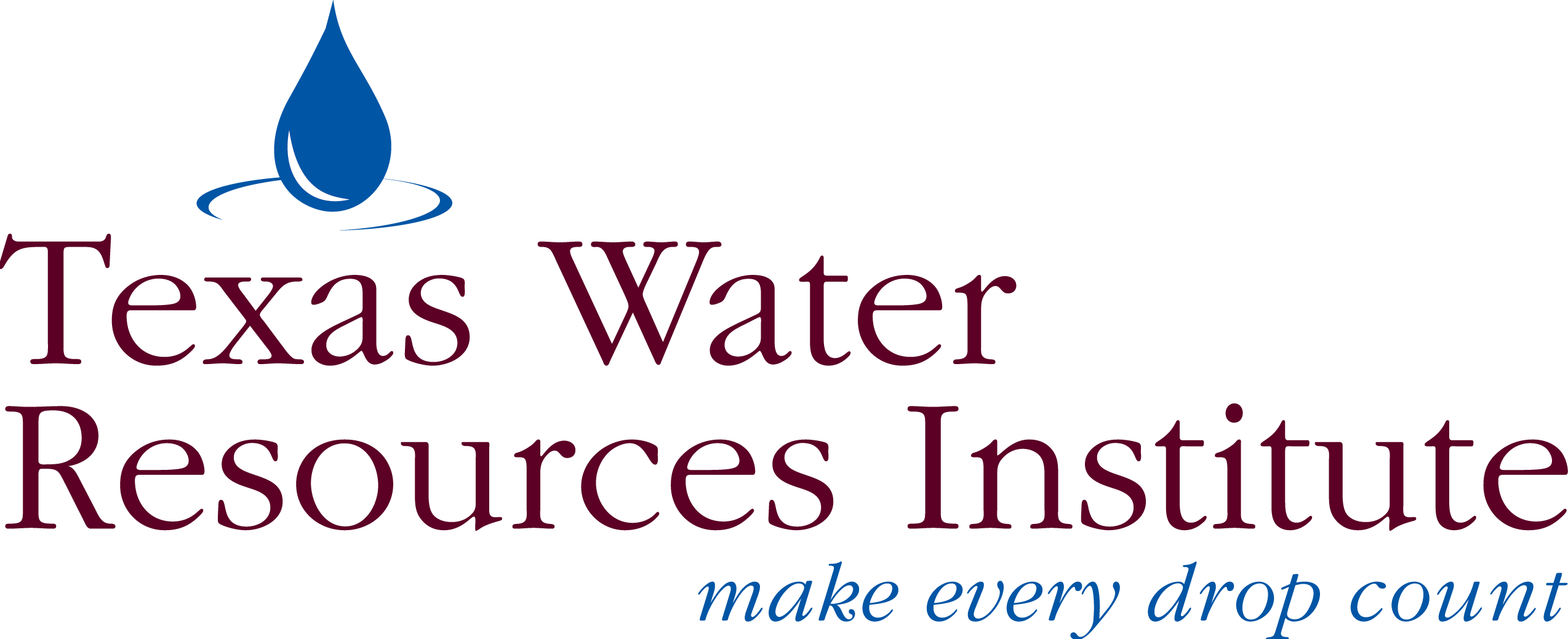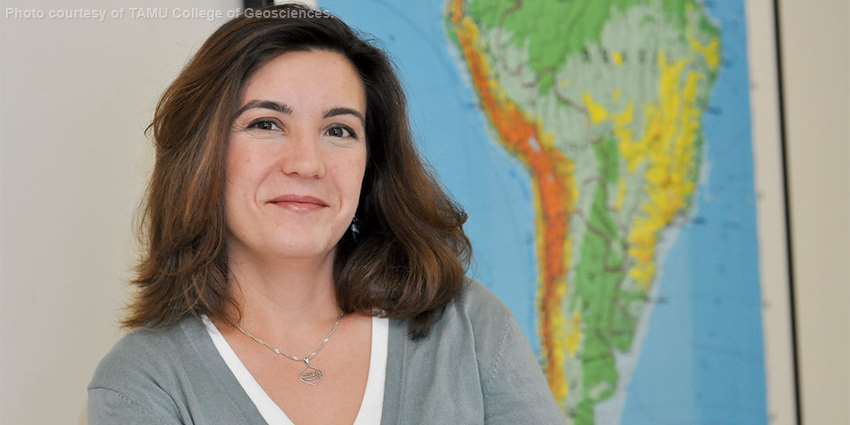For some people, having access to clean water is not as easy as simply turning on a faucet. Some of the United States’ poorest regions rely on inadequate water delivery systems, unaffordable potable water or unclean tap water for their household water use.
This is a reality for tens of thousands of households in colonias, underdeveloped communities along the U.S.-Mexico border often lacking basic infrastructure, and it is also a focus of Dr. Wendy Jepson’s research.
Jepson, associate professor and director of undergraduate programs in Texas A&M University’s Department of Geography, examines the political, economic and social causes of environmental inequities that exist in the Lower Rio Grande Valley and urban Brazil. Her work focuses on how inequalities relate to household water security.
“Water security can be defined in several ways,” she said. “I approach it as affordable, adequate and reliable water for a healthy life. It’s about making sure people have the resources they need to live their lives.”
Jepson was inspired to begin studying geography and human-environmental interactions after reading Susanna Hecht’s book The Fate of the Forest, which explores the role of humans in both destroying and defending the Amazon rainforest. It was partly the reason why she decided to immerse herself in pursuing larger questions of deforestation, transformation and the underlying causes of environmental issues, she said.
After earning her doctorate in geography at the University of California – Los Angeles, Jepson spent the early part of her career examining some of the major changes in Amazonian development in agricultural expansion and settlement patterns, before expanding her research portfolio to include water security concerns.
“I was particularly interested in questions of access to drinking water,” she said, “but from the perspective of economically distressed communities in the United States.”
Before she knew she would live in Texas, Jepson spent years doing work in the Lower Rio Grande Valley and had become familiar with some of the communities. When she became a faculty member at Texas A&M, she collaborated with the Colonias Program, a community development program developed by the College of Architecture and designed to enhance the quality of life for residents in colonias and economically impoverished areas in Texas.
“I thought it would be a nice opportunity to revisit those communities that I had known 15 years before, but with a whole different toolkit,” she said.
From 2009 to 2014, her National Science Foundation (NSF)-funded project, Household Water Insecurity on the U.S.-Mexico Border, examined infrastructure deficiencies in low-income communities along the Texas-Mexico border.
“One of the paradoxes that I really wanted to try and understand is how we invested $600 million in infrastructure to some of these areas, yet people still had difficulty accessing water,” she said.
Jepson said her main objective in the project was to develop a systematic, experience-based measurement for assessing household water security. Although the U.S Department of Agriculture has a standardized food security metric, there is currently no model that empirically demonstrates water security levels in the United States.
Having a water-security metric that can be applied to different regions with minimal modification is critical in understanding the causes and outcomes of water access issues, she said.
“Without a precise, or at least a valid measure of water security, we are left to analyze these issues in a way that is anecdotal and harder to compare.”
An alarming change Jepson noticed on the South Texas landscape was the rise of water vending machines, which offer a temporary — and expensive — solution for communities lacking reliable water infrastructure.
Colloquially known as molintos, or “little windmills,” the vending machines sell 5-gallon bottles of water that must be transported, often several miles, back to households. For colonias residents, she said, the additional cost of gas takes a major financial toll.
Thus, the vending machines have not brought water security to the colonias but have become a symbol for the government’s failure to provide reliable, transparent and effective governance of water supplies, Jepson said.
“What really struck me was going back and being able to say, things have changed, but things haven’t changed as much as one would have hoped,” she said.
For the next three years, Jepson will continue her household water security studies in a new NSF-funded effort in urban Ceará, Brazil, where she will also be a Fulbright Scholar. Her research will examine the emergence of hybrid water systems and their significance on community development and water security.
Hybrid water systems are infrastructures where residents use both formal, regulated methods and informal, unregulated methods to obtain water. For instance, residents in a community may not have networked service and instead purchase water from an unregulated vendor, harvest rainwater or even connect illegally to water mains.
Observing hybrid systems helps Jepson draw parallels between her work in South Texas and the semi-arid region of Brazil. In the latter, Jepson said communities often rely on trucked water or vended water. However, similar systems exist in Texas colonias as well.
“I went further in El Paso, and they had the similar regime of trucked water,” she said. “Texas and Brazil are on a continuum of hybrid systems.”
Because both regions have similar water security issues, Jepson said her work in developing a water security metric is critical for cross-cultural assessments.
Jepson said the objectives of her research are not to find a “silver bullet” for solving these complex infrastructure issues on a national and global scale but rather to understand the fundamental problems that both create and are a consequence of water insecurity; communicate this information to stakeholders; and be an advocate for the often forgotten portions of populations that lack easy access to clean, affordable water.
“The solutions are kind of beyond me, in a sense,” she said. “I’m trying to explain the determinants, the dynamics and the causes. I want to get people to talk about water security and use the language, and start thinking about questions of affordability, of reliability, for a healthy life.
“Where the policy outcome goes — well, that’s politics, and that’s not in my control. But I think if I can change the conversation, I think I’ve won.”
More information about Jepson’s work can be found at her faculty page and at wendyjepson.net.



